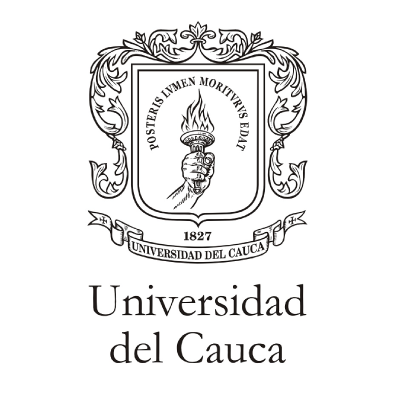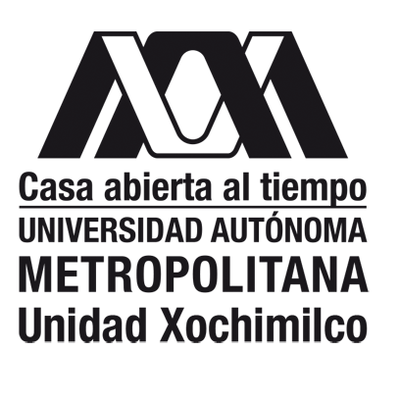About the Journal
Editors
Carina Jofré, Cristóbal Gnecco, Mario Rufer
Memorias Disidentes (ISSN 3008-7716) is an open access journal to academic, scientific, and artistic-creative works. It is a biannual online publication, with two issues per year (December/January - June/July). The journal was launched in December 2023 with the support of the following universities: Universidad Nacional de San Juan (Argentina), Universidad del Cauca (Colombia), Universidad Autónoma Metropolitana-Xochimilco (Mexico), and Universidad Nacional de Catamarca (Argentina).
The editorial project of the journal arose between 2020-2022 within RIDAP (Information and Discussion Network on Archaeology and Heritage), a critical analysis collective made up of researchers, activists, Indigenous peoples, members of organizations and social movements and working groups interested in dismantling the modern imaginaries that build the relationship heritage + culture + identity + memory + territories.
Journal’s principles
Heritage narratives in Latin America accompany an extended series of policies that use a varied vocabulary on the rescue, conservation, valorization and socialization of heritage. These narratives have been codified in disciplinary languages with notable legitimacy: anthropology, archaeology, history and sociology, among others, participate in the heritage spectrum with different tones. The editorial goal of the journal arises from the need to question the apparent neutrality of these narratives and takes the heritage field as what Michel Foucault called a “polyhedron of intelligibility”: not as an evident concept but as a problem that calls for unraveling the axes of knowledge, power, authority and differentiation that its languages enable. Why have established powers shown so much interest in heritage narratives in recent decades? What are the possible relationships between the heritage field and the political economy of the contemporary world? How do languages of heritage (visual, sound, disciplinary, artistic, poetic, and corporal) participate in a tense and often contradictory way in the formation of our vernacular modernities? How do the disruptive approaches of feminisms help to re-imagine bodies, subjects, forms of extraction and accumulation in the field of heritage?
Heritage is generally proposed by State powers or by national and transnational cultural agencies as a field of identity consolidation that stabilizes the semiotic value of “the common” in classifications such as tangible cultural objects, material culture, intangible expressions, etc. How can we approach this field if we consider the relationship between heritage, archives and memory, and the latter as an opportunity that can break with the stabilizing languages of history? How can we do so if we propose the “value of the common” as a field in dispute constituted by absence, by inequality, by the colonial violence that is perpetuated and by the exclusions that are reissued?
Currently, it seems necessary to unravel the plot that links the fixation and consolidation of instituted heritage with extractive processes and constant accumulation, as well as with figures and languages of resistance, recomposition of memory and occasions for constituent and insurgent thoughts. This act of unraveling confronts us with notable challenges in terms of language, method, and theoretical construction: they demand imaginations of montage (rather than linear narratives that blend in with State policies), critical languages of modern coloniality, inclusive methodologies that question epistemic extractivisms, as well as the posing of open questions and the construction of objects traditionally considered illegitimate for academic research.
For this reason, the journal proposes to consolidate two central languages: one that forms the “Academic Section” in which we intend to discuss some of the questions raised here from the format of research articles, and the “Section of constituent languages” where short contributions with other visual and sound media, poems, essays and the spectrum of artistic sensibilities in general are invited to address from their narrative matrices the axes that each issue proposes. A third section invites reviews of books, theses and events.
Thematic axes
- Heritage and memories: tensions, illuminations, dissonances
- Contemporary extractivisms: territories of plunder and languages of survival
- Feminisms and heritage field: bodies, violence, dissidence.
- Vernacular ontologies: nature, culture(s) and critiques of modern dissections
- Heritage, territoriality, landscapes: between touristification, reservation and extraction.
- Cultural heritage and meaning: social murmur and silenced stories.
- Heritage and the exhibitionary complex: museums, exhibitions and modern/colonial disputes.
- Global designs and situated narratives: heritage between “humanity” and “the community”.
- Heritage and coloniality: modern remains between ruin and ruination.
- Critical methodologies: extraction, horizontality, collaboration and co-authorship.
- Heritage, State, communities: regulations, restitution, rituals and forms of management.
- The languages of heritage: disciplines, undisciplined narratives and power.
- Archive and archiving: languages, media, authority.





